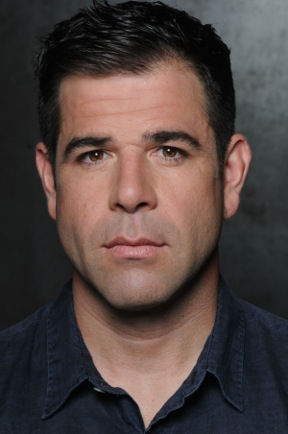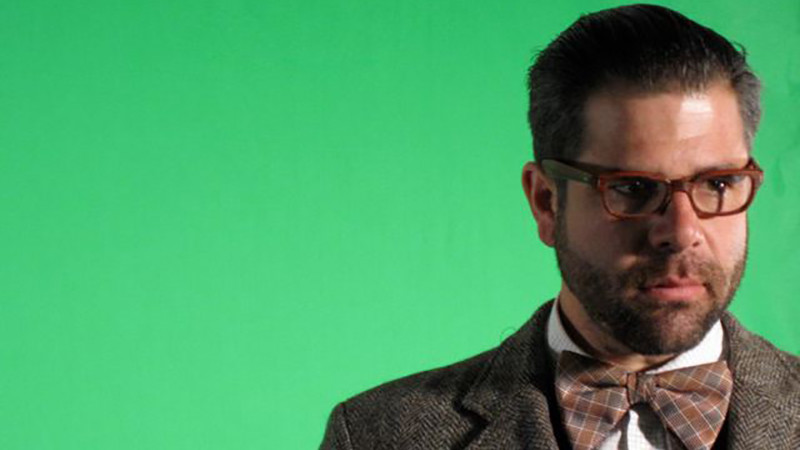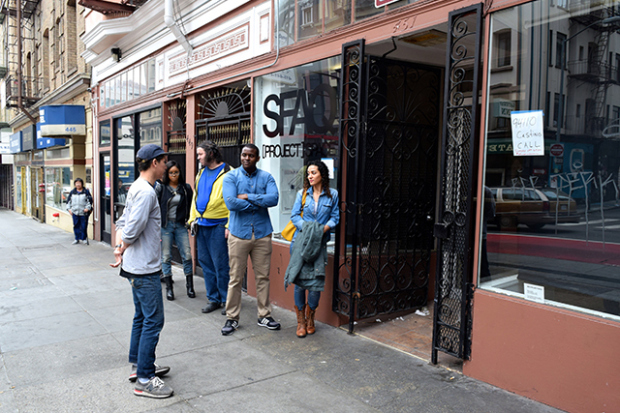When news hit last month of a television production company holding auditions for a new reality series called 94110, about “six leading technology executives living, learning, and loving together in San Francisco’s Mission District,” many on Twitter and other online forums asked, “Is this real?”
Despite criticisms of the show’s character profiles and dialogue, close to 100 local actors auditioned for the show over a two-day period in May.
But now, with more information known about the team behind 94110, skepticism of the show’s validity seems warranted, especially when considering that a noted prankster is involved. The point person for the show — described by one producer as “Mark Zuckerberg fan fiction” — is Oakland performance artist Scott Vermeire.

For anyone hoping to take the show at face value, Vermeire’s association with 94110 is a red flag. Like mischief-making actor Sascha Baron Cohen of Borat and Ali G fame, Vermeire portrays absurd characters, invents ridiculous products, and sells both in remarkably believable fashion. His past projects include “Blinder,” with Vermeire acting as a corporate salesman for a Google Glass app that allows users to pixelate unwelcome people out of view (suggested targets: the homeless and elderly); his band Sad Vicious, which identifies as “San Jose’s Most Hated Band™”; and his contributions to the Wonderment Consortium, the Oakland-based art collective which launched the infamous Kickstarter campaign to build a papier-mâché statue of Tom Hanks’ Castaway character in front of as many Bay Area high schools as possible.
Vermeire isn’t a producer on 94110 — the “award-winning” producers have so far been kept anonymous. But he is the director of marketing and communications for the show, and I reached out to him last month. Vermeire told me that his association with the TV show doesn’t disqualify it from being a real project, pointing to his real-life status as a successful businessman (Vermeire is co-owner of the Prather Ranch Meat Company, inside San Francisco’s Ferry Building).



